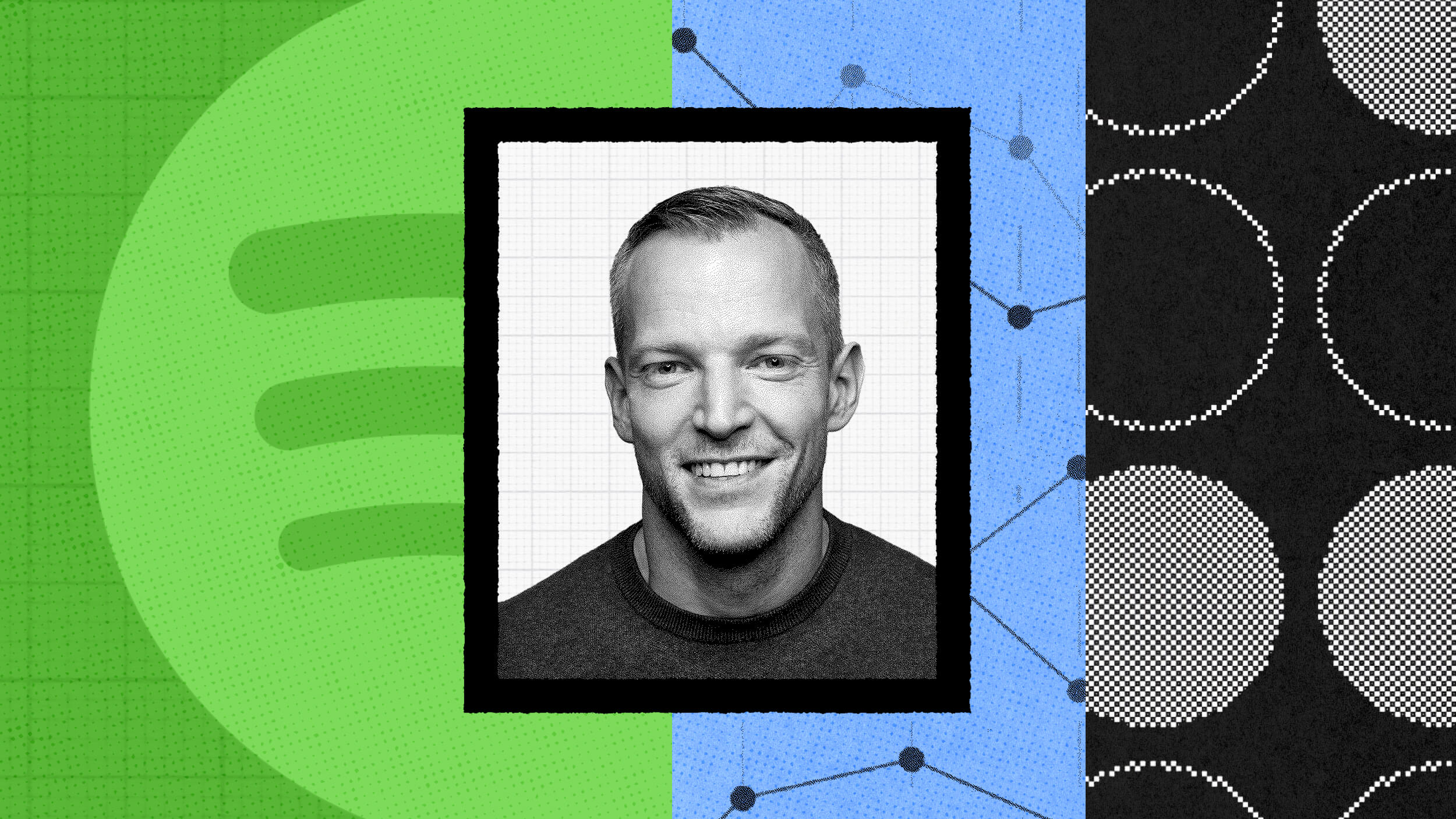We Need to Pick Up the Slack

Ernst Weizsäcker, Co-chair of the U.N. International Panel for Sustainable Resource Management, believes that we could be doing five times better than we are when it comes to addressing global warming. It’s the Anglo-Saxon belief in “no room for government” that’s hurting us; we’ve come to a point where the markets can’t react and self-correct. “You have to have state intervention, or an international agreement, like the Kyoto Agreement, making it more profitable for companies to be climate-friendly than to squander energy.”
Weizsäcker talks about a policy that worked quite well in Germany, despite its unpopularity: the Ecological Tax Reform, which let electricity and petrol prices rise in small steps for five consecutive years, and at the same time reduced indirect labor costs. The policy created roughly 300,000 jobs, which is a lot for a country Germany’s size.





